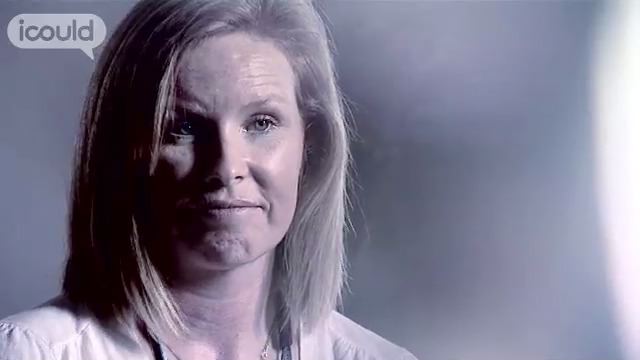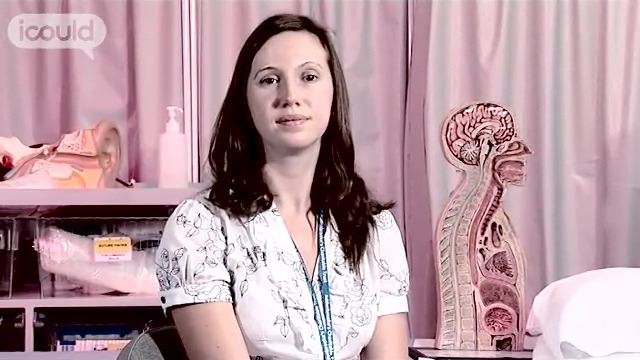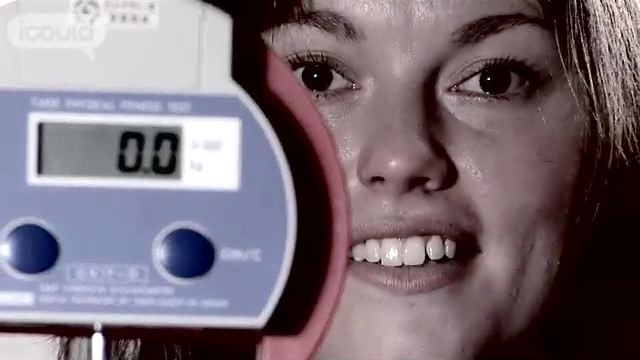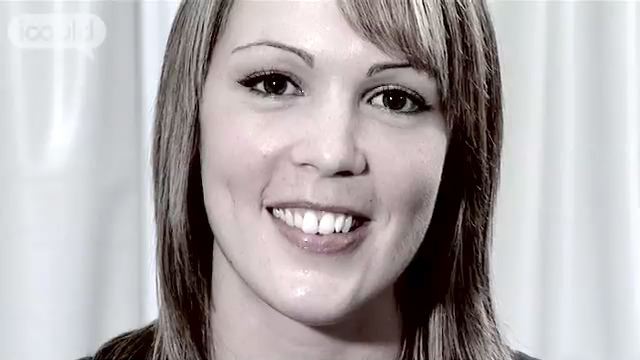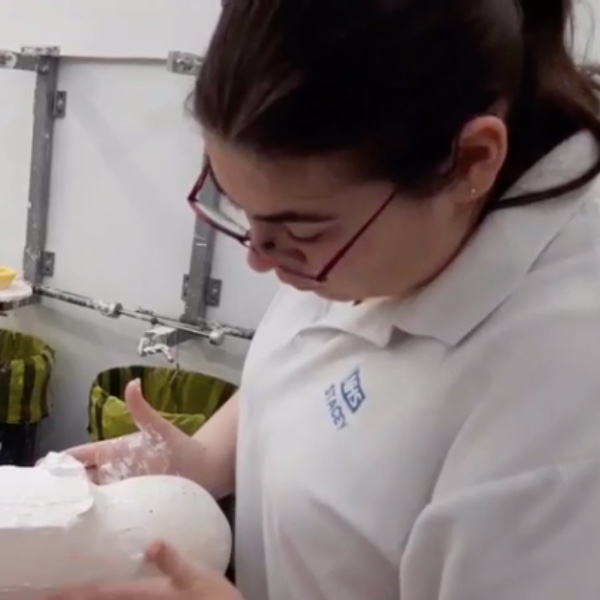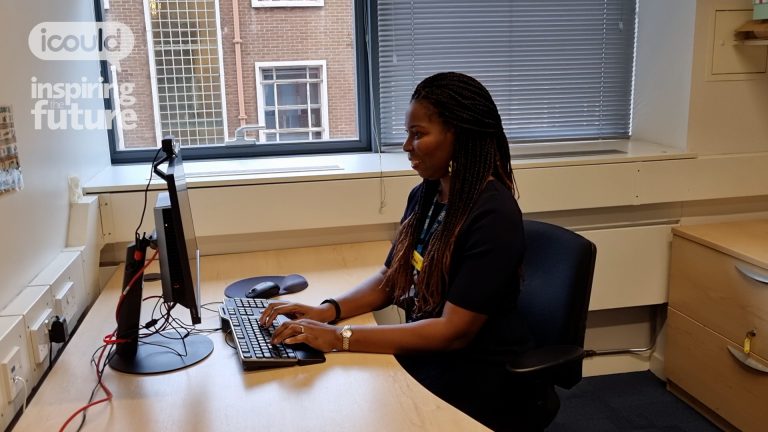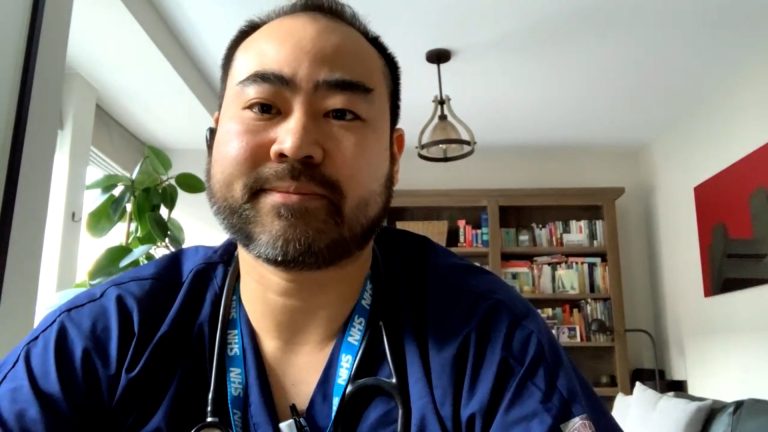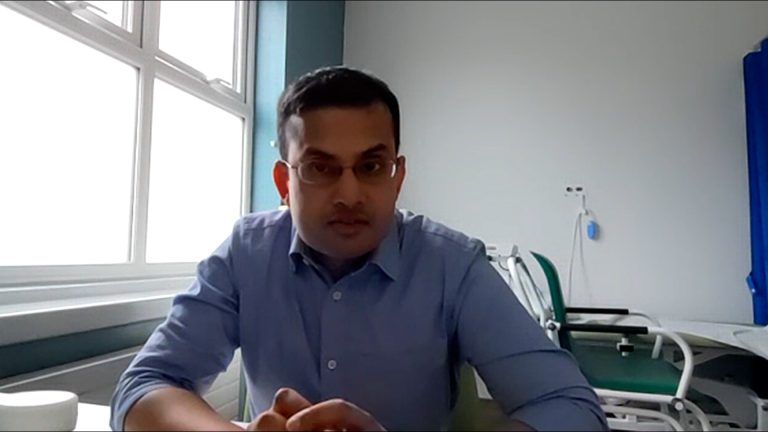Explore: Healthcare
Prosthetist
Kent & Medway NHS & Social Care Trust
info Issues viewing the video?
| Stacey
Prosthetist |
|
| 00:07 | Hi, I’m Stacey and I’m a prosthetist. I make and fit artificial limbs for those who have had amputation or congenital absence, so those who have lost their limbs either upper or lower. |
| 00:19 | I work with a team of other members of staff within the NHS, to provide these limbs. I work alongside physios, er, occupational therapists, medical specialists and prosthetic technicians. We see a variety of patients from 0 years old all the way up until 99, 100 and men, women of all ages and all types and abilities. |
| 00:41 | As a prosthetist, our role isn’t just the clinical facing, patients orientated tasks, there are a lot of tasks that go on in the background. For example, cast rectification or adjustments to legs, erm, and there’s a lot of different skills that we learn at university that we need to put into practice when we are actually dealing with a patient as a whole. We use engineering skills, we use creativity in the background that, actually, a lot of the patients and a lot of other people don’t see, erm, and those skills are actually really key to what we do as a, as a job. One of the reasons I enjoy being a prosthetist is because you actually build lasting relationships with your patients. They, they’re under our service for as long as they need a limb and that could be many, many years, and you see patients who come to you as children, grow up into adults and actually you have such an input their lives, erm, but you also get to meet new people as new amputees come through the door. |
| 01:38 | At school, I knew I wanted to help people and I knew I wasn’t good with kind of blood, guts and gore, erm and one of our school computers had a piece of software that went through kind of what you liked, what you didn’t like, what you were good at, erm, and at the end of all of these questions I had a list of potential careers, basically, and one of them was prosthetics and orthotics. Now, I didn’t have a clue what prosthetics or orthotics was, even down to the point I didn’t know how to pronounce them. Erm, but me being me, I decided I was going to research into it and my career kind of bloomed from there really. I organised work experience with my local department in my summer holidays, erm, and from that point never really looked back. It was a good combination of creativity, erm, maths, science, but actually helping people in a way that I’d never considered before, and as I said, that work experience really kind of did cement where I wanted to go into my career. |
| 02:36 | Communication, problem solving and teamwork are just some of the main skills that you need in this job, to make sure that both the patient and the professionals are all working from the same page and making sure we’re doing the best to treat our patients. A challenging, but interesting, part of my job is the fact that one solution does not fit everyone. University teaches us all the theory and the knowledge to take into our practice, erm, but actually, a solution that, it works for one patient doesn’t necessarily work for the other, and you have to be able to problem solve around it to actually work out what is best and what the next course of action might be for your patients and, actually, although it can be very frustrating at times it is actually really rewarding when you get to that solution. |
| 03:23 | If you’re intrigued about prosthetics and orthotics, my number one advice would be to go and actually experience a department if you can. The world of prosthetics is ever-evolving. We use techniques that are years and years and years old, but we also use components and new techniques that re developing every day, and, actually, it’s quite rewarding and quite insightful that we’re continuously learning, er, and developing our own skills. |
| 04:00 | END OF TRANSCRIPTION |
“One solution does not fit everyone…you have to be able to problem-solve around it to actually work out what the next course of action might be for your patients and, although it can be very frustrating at times, it is really rewarding when you get to that solution.” Stacey makes and fits artificial arms and legs. She decided to explore working in prosthetics after completing a career profile quiz at school and organising work experience in her summer holidays.
Related career stories
⇦
⇨
